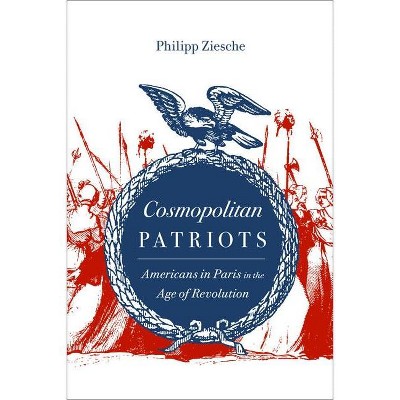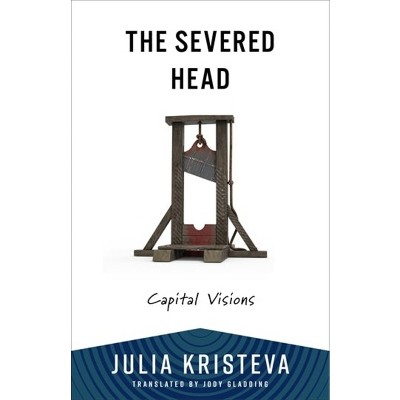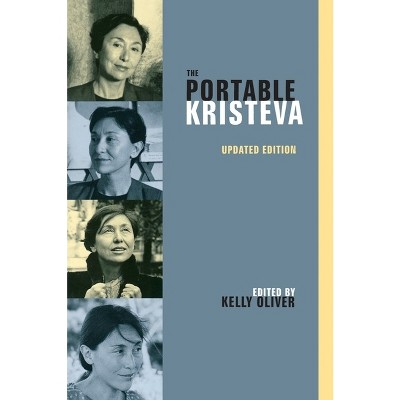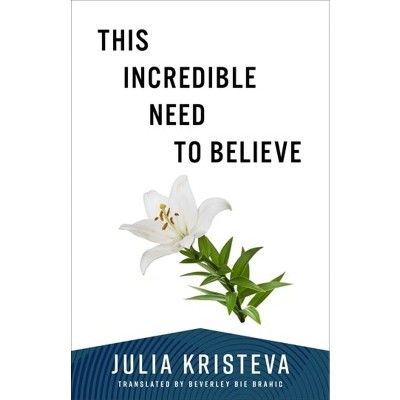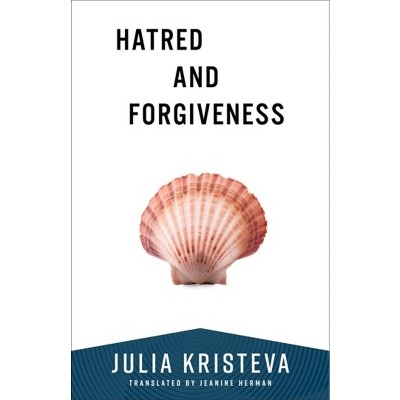About this item
Highlights
- CALLING OSCAR WILDE'S philosophy of art his "most elusive legacy," Brown attempts to define Wilde's conception of what art is and what it is not, of what the experience of art means in the modern world, and of the contradictory relations between the work of art and the sphere of everyday ethics.
- About the Author: Julia Prewitt Brown is Associate Professor of English at Boston University
- 137 Pages
- Philosophy, Aesthetics
Description
About the Book
She traces the experimental character of Wilde's thought from its resonance in his own life through its development within the tradition of aesthetic philosophy, ultimately focusing on his sense of the equivocal and diminishing presence of art in the postindustrial world.Book Synopsis
CALLING OSCAR WILDE'S philosophy of art his "most elusive legacy," Brown attempts to define Wilde's conception of what art is and what it is not, of what the experience of art means in the modern world, and of the contradictory relations between the work of art and the sphere of everyday ethics. She traces the experimental character of Wilde's thought from its resonance in his own life through its development within the tradition of aesthetic philosophy, ultimately focusing on his sense of the equivocal and diminishing presence of art in the postindustrial world.
Review Quotes
At a time when apostles from all points along an ideological spectrum have denigrated art, criticism, and aesthetics, Julia Prewitt Brown has given us an elegant, persuasive, revisionary account of Oscar Wilde, a figure asnecessary to our own fin de siecle as to his own.... Placing him within the intellectual context of the German Romantics, the French Symbolistes, and his own Victorian contemporaries, Professor Brown proves herself a worthy practitioner of what Wilde labeled 'cosmopolitan criticism.'.
--Willard Spiegelman, Southern Methodist UniversityJulia Prewitt Brown's study of Wilde's philosophy of art is much the best analysis yet performed of Wilde's crucial place in the tradition that goes from Schiller and Nietzsche, Baudelaire and Ruskin, on to Pater, Wilde, and Walter Benjamin. Brown usefully distances Wilde from Pater's aesthetic empiricism and returns him to Kant's critical idealism.
--Harold Bloom, Yale UniversityAbout the Author
Julia Prewitt Brown is Associate Professor of English at Boston University
Shipping details
Return details
Trending Poetry








